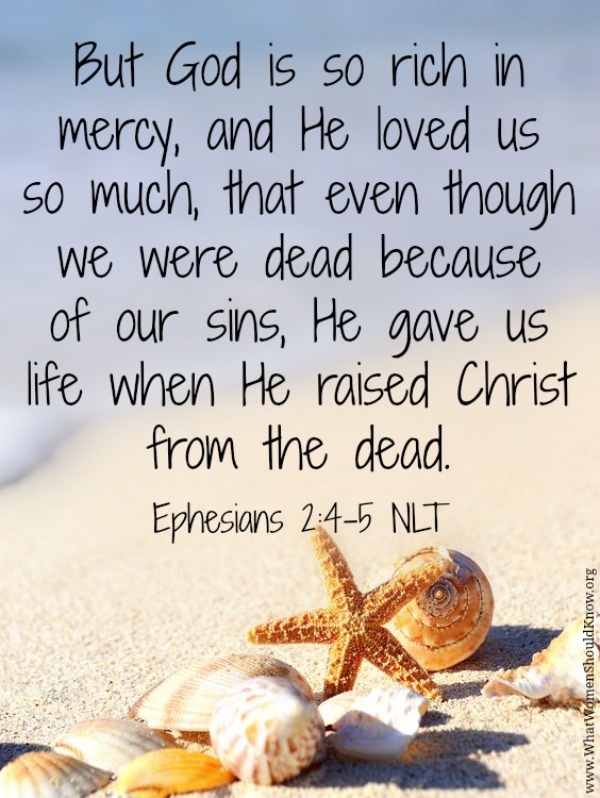It’s so much bigger than the whale… or the fish… or whatever!
Yet for hundreds of years people have argued about whether or not the story of Jonah even belongs in the Bible — because they couldn’t get past the whale.

It’s just a distraction really
But as the argument goes: Scientifically speaking, it’s not possible for a man to be swallowed by a whale and live to tell about it. No species of whale has ever been discovered, in which a human being could live for three days. So, supposedly, it must be an allegory or a fable, or it discredits the whole of Scripture.
Of course, the Bible doesn’t say Jonah was swallowed by a whale. It says “the Lord prepared” — as in specifically designed for this purpose — “a great fish” (Jonah 1:17). Well, “fish” is the scientifc term our modern English Bible translators choose to use. In the original Greek, it actually says that God sent a “a great sea monster”!
So — if you believe in a supernatural God — it’s entirely possible that Jonah did survive three days inside the specially prepared sea monster. It’s also possible that he didn’t “survive” in the traditional sense. That he actually died, and was raised from the dead when he was spit out on the sand.
Jesus told His disciples that the sign that He was the Messiah was “the sign of Jonah”: “For as Jonah was three days and three nights in the belly of a huge fish, so the Son of Man will be three days and three nights in the heart of the earth.”(See Matthew 12:38-40) It was on the third day that Jesus was raised from the dead in power and glory.
And that’s really the point of the whole story. Not the whale or the fish or whatever. The sea creature was just what God used to save Jonah. (Not punish him, but save him!) To get his attention. To keep him from running off again, while they had a little heart-to-heart.
Mercy is what the story is about. Forgiveness. Redemption. Resurrection. New life.
You see it everywhere, all over the place — in every chapter. In what happened to Jonah. What happened to the sailors. What happened to the people of Ninevah. What it says about God and His heart toward us and our world today.
God saves whoever He wants to save. Who He wants to save — and the ways He goes about saving them — will forever amaze us. We can’t even begin to comprehend the depths of His love and compassion.
There’s a wideness in God’s mercy,
Like the wideness of the sea;
There’s a kindness in His justice,
Which is more than liberty.
There is no place where earth’s sorrows
Are more felt than up in Heaven;
There is no place where earth’s failings
Have such kindly judgment given.
There is welcome for the sinner,
And more graces for the good;
There is mercy with the Savior;
There is healing in His blood.
~ Frederick W. Faber, 1854
As I learn more and more about God’s mercy and grace, I find that’s where I want my focus to be. Looking to Him, learning from Him, leaning on Him.
As I go about my daily life, I want to learn to tune out the distractions and keep my eyes open for the True story unfolding in front of me.
I’d also like to avoid putting myself in a situation where God has to get my attention by inventing a whole new kind of hideous beastie just for me.
But we’ll talk more about that next week! :)

Remember this week’s Virtual VBS for GrownUp Girls Assignment:
Read: Jonah 1-4.
Starting next week we’ll focus on one chapter at a time, but this week let’s get the big picture. Take fifteen minutes to read the book straight through. Jot down any questions you have as you read, notes on anything new to you. For more Bible study tips, see Five Simple Ways to Focus on the Words You Read.
Memorize: Psalm 139:23-24
Extras: You can download flashcards I made for all of our memory verses for free here: VBS 2014 Memory Verse Printables. (Print them on cardstock or tape them onto file cards for more durability!) There’s also a Virtual VBS Cover Photo you’re welcome to use on Facebook and lots of good stuff on Pinterest too!







